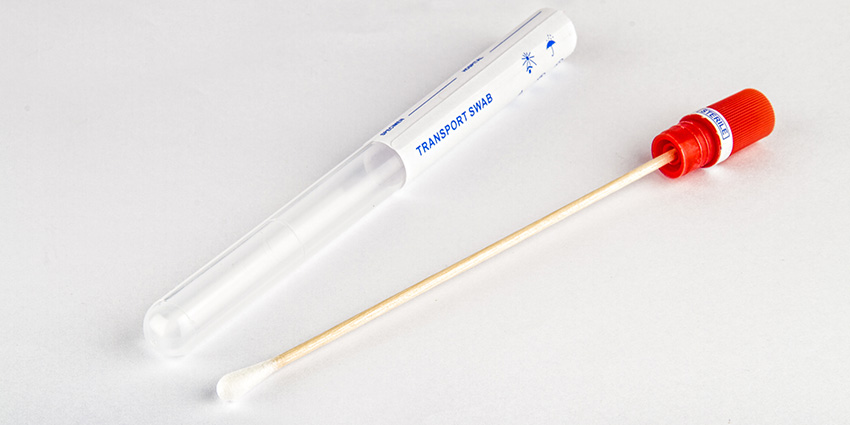A great deal of research has gone into deciding what lab work is helpful to obtain during pregnancy in order to monitor the health of mom and growing baby.
The most common ones that you will be offered and the times in which they are drawn are listed below. These labs, unless noted to be optional, are considered to be the accepted standard of care during pregnancy.
First prenatal appointment if labs are drawn on the same day:
- A complete blood count to evaluate mom’s iron count and other values that will provide a baseline to monitor over the pregnancy
- RPR, HIV, Hepatitis B to check for possible sexually transmitted infections
- Rubella immunity to see if you are protected against the German Measles
- Vaginal cultures if the exam is done that same day
- A pap smear if it is due to be done
- Possibly a Vit D level
- Blood group type (A, B, or AB, or O) and Rh factor (positive or negative)
First Trimester
- Genetic screening based on your risk assessment and desire
- Possibly an early blood sugar test
Second Trimester
- Possible genetic screening based on earlier testing
- Glucola (a blood sugar challenge test)
- Complete blood count to recheck iron level and platelets
- An antibody screen if you are certain blood types Third Trimester
Third Trimester
- Group B strep vaginal/rectal swab (see article on group B strep)
- Your provider may also want to check your iron count again
Additional labs may be recommended depending on your provider’s assessment of your health during your pregnancy.
Related Posts

Author
Dr. Cheryl Sharp, Chief Content Officer
Cheryl is a midwife and women's health nurse practitioner who has been caring for women, newborns, and families more than 30 years. She views the opportunity to journey with women through their pregnancy and beyond as a sacred privilege.







